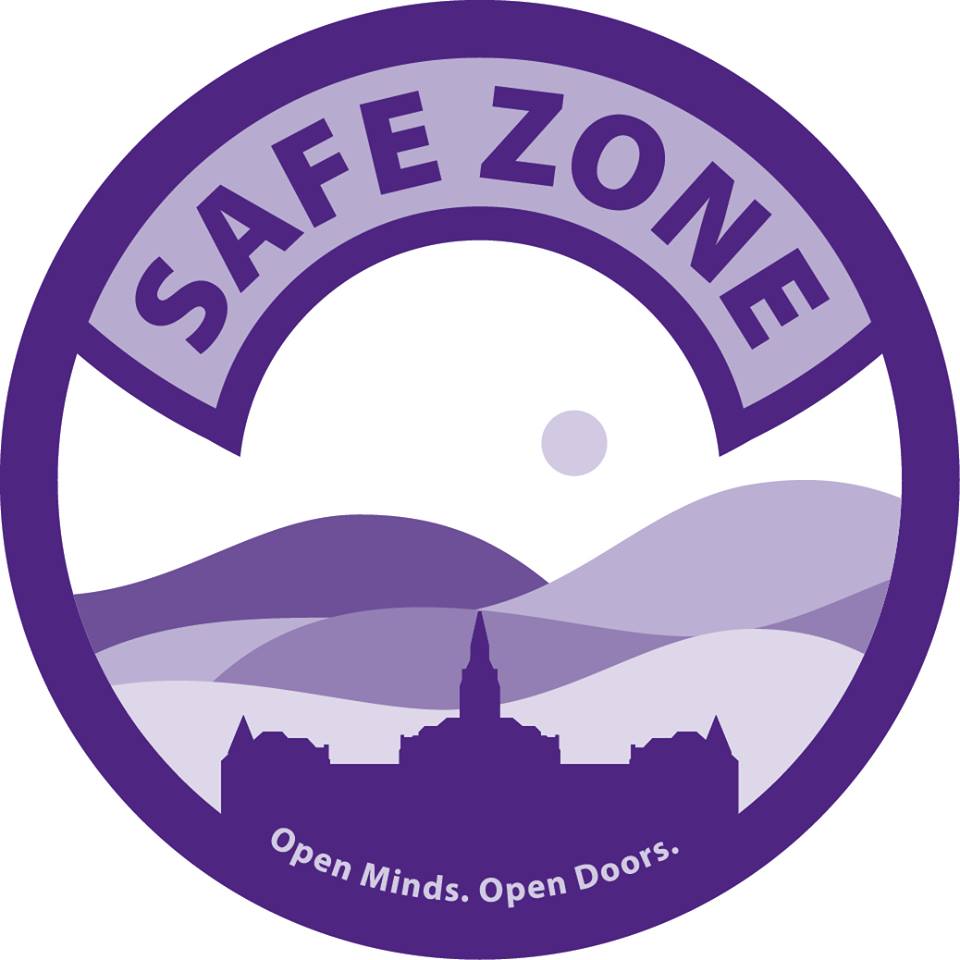October 20, 2020
Safe Zone Advanced Workshop: 'Understanding Common Mental Health Issues Trans College Students Face'

The Safe Zone program, in the Department of Diversity and Multicultural Student Affairs, invites anyone who has completed a Safe Zone Introductory Workshop to take the Safe Zone Advanced Workshop, "Understanding Common Mental Health Issues Trans College Students Face," from 1-2 p.m. Tuesday, Oct. 20, via Zoom.
Transgender — trans — college students experience large mental health disparities in comparison to their peers. According to a 2019 study, trans students are two to four times more likely to experience mental health problems. The same study found that in a sample of 1,200 gender-minority students, 78% met the criteria for at least one mental health problem — e.g., depression, anxiety, eating disorders, self-harm, suicidal ideation. This presentation will discuss some of the reasons trans students are experiencing mental health issues, including a lack of access to resources, feelings of isolation, and concerns relating to safety. Additionally, there will be a discussion on K-State specific resources and how to support trans students.
Register here for the Oct. 20 Safe Zone Advance Workshop with the Kansas State Family Center.
Safe Zone continues to be part of Kansas State University's efforts to create an open and affirming campus since the 1970s. Safe Zone was created to help those facing sexual orientation discrimination. Revitalization of the initiative in 2002 created a more comprehensive and ever-evolving Safe Zone effort to fit the needs of current K-State community members. Allies become educated to help those coming from a variety of backgrounds and identities with needs concerning exclusionary acts like intimidation, micro and macro aggressions, discrimination, LGBTQ-related concerns or sexual violence.
For more information, contact Debra Bolton, director of intercultural learning and academic success, at dbolton@k-state.edu; or Brandon Haddock, student services coordinator, intercultural learning/LGBT Resources Center, Diversity and Multicultural Affairs, at bhaddock@k-state.edu.